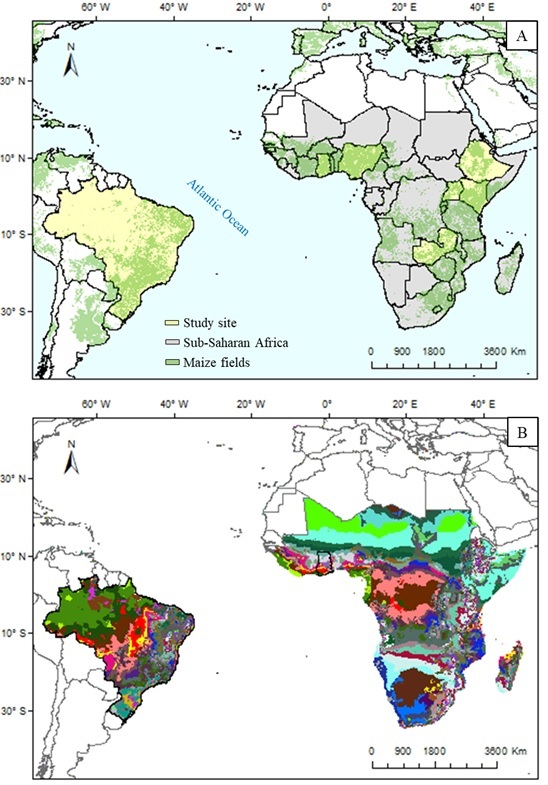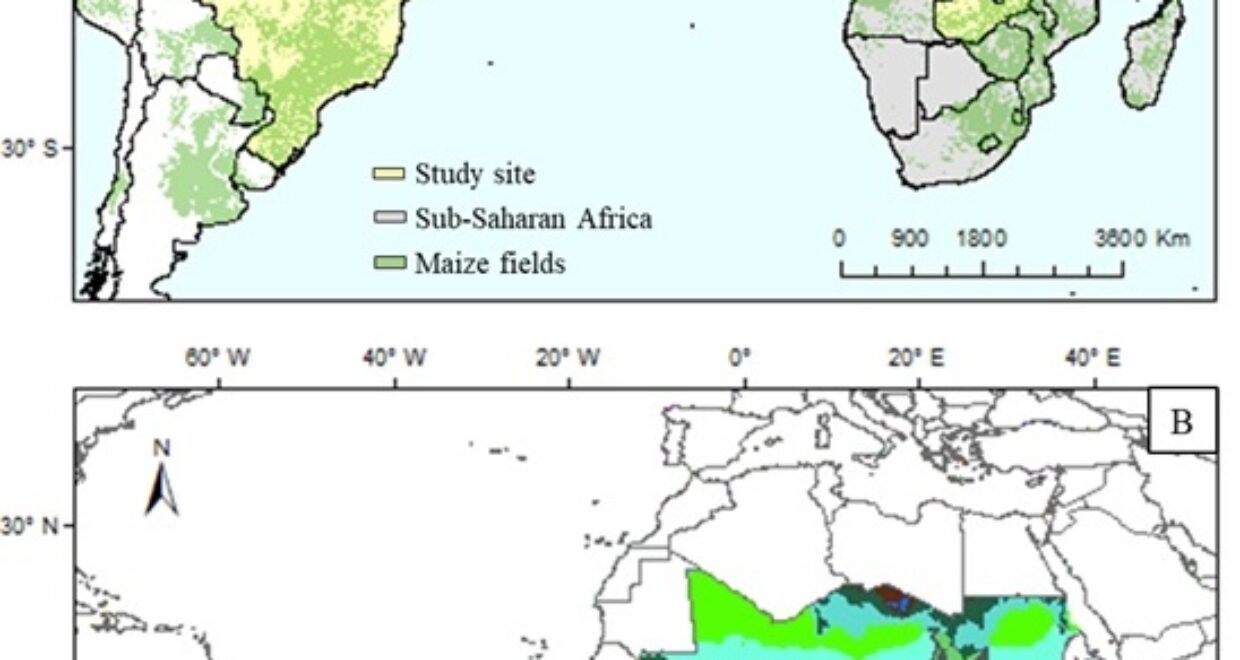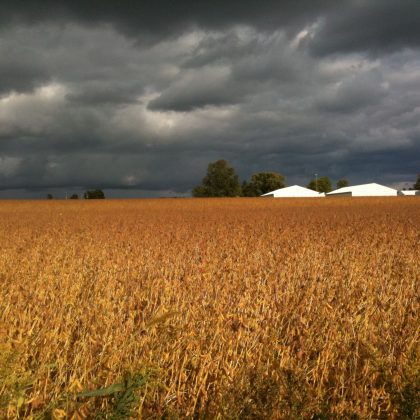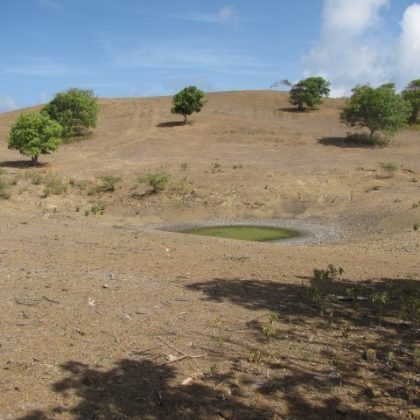Bridging the Yield Gap: Lessons from Brazil to Boost Maize Production in Sub-Saharan Africa
The paper “The Brazilian case as a beacon to increase crop production in sub-Saharan Africa“, published in The Journal of Agricultural Science, has been chosen as the latest Editorial Highlight and is freely available to download for one month.

Maize, a staple crop vital to global food security, faces significant production challenges in Sub-Saharan Africa (SSA). Despite its importance, actual maize yields in SSA are alarmingly low compared to their potential. A recent study by Leticia G. Gasparotto and colleagues from the University of São Paulo explores how Brazil’s agricultural advancements can help close this yield gap in SSA. The yield gap refers to the difference between the potential yield under ideal conditions and the actual yield achieved by farmers. In Brazil, the yield gap for maize is about 50% of its water-limited yield potential. In SSA, this gap is much larger, with actual yields representing only about 9% of the potential.
Over the past 40 years, Brazil has improved its maize yields through advanced agricultural technologies, effective crop management, government support, and strong collaboration between research institutions and farmers. Key strategies include the use of high-yield hybrid seeds, precision farming, and efficient irrigation systems. The study identifies regions in SSA with soil and climate conditions similar to Brazil. By implementing Brazil’s proven techniques, SSA could significantly boost its maize production. Recommendations include:
- Improved Seed Varieties: Introduction of high-yield, drought-resistant maize varieties.
- Enhanced Soil Management: Practices such as crop rotation, organic fertilizers, and soil pH management.
- Efficient Water Use: Implementation of irrigation systems and water management techniques.
Challenges in SSA include infrastructure development, access to affordable credit, and ongoing farmer education and training. Addressing these will be crucial for sustained productivity gains. The yield gap in maize production between SSA and Brazil underscores the untapped potential in African agriculture. By leveraging Brazil’s successful strategies, SSA can make significant strides toward food security and economic development. The study by Gasparotto et al. provides a roadmap for transforming maize production in SSA, emphasizing the importance of technology, policy support, and knowledge transfer for achieving a maize revolution.
The Journal of Agricultural Science Editorial Highlights are selected by the Editor-in-Chief and are freely available for one month. View the recent selections here.






